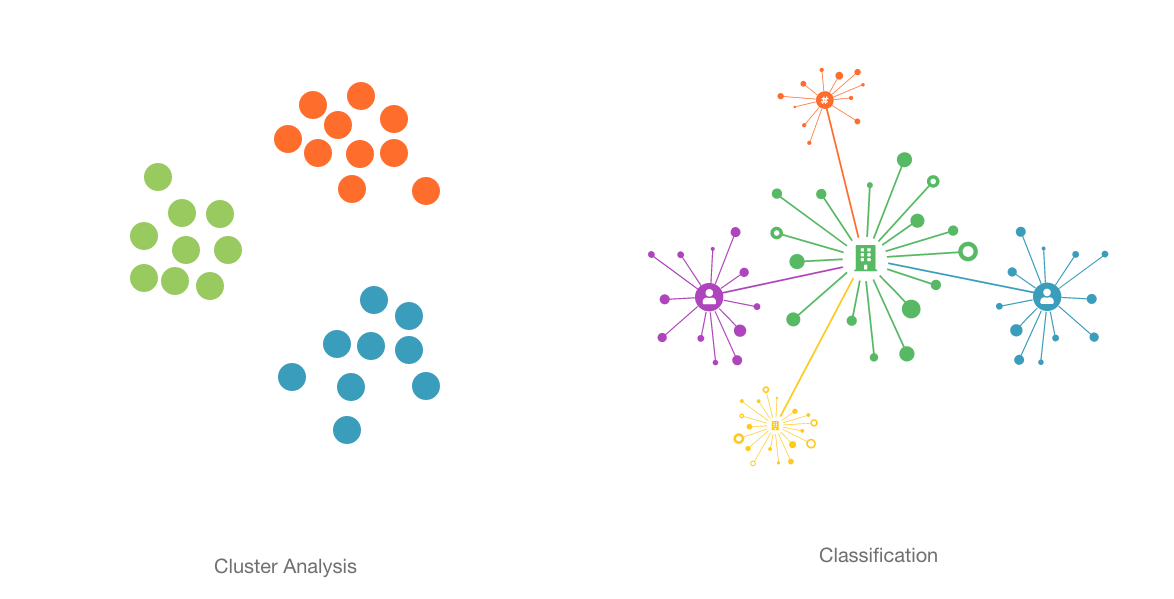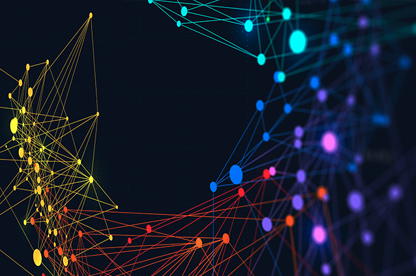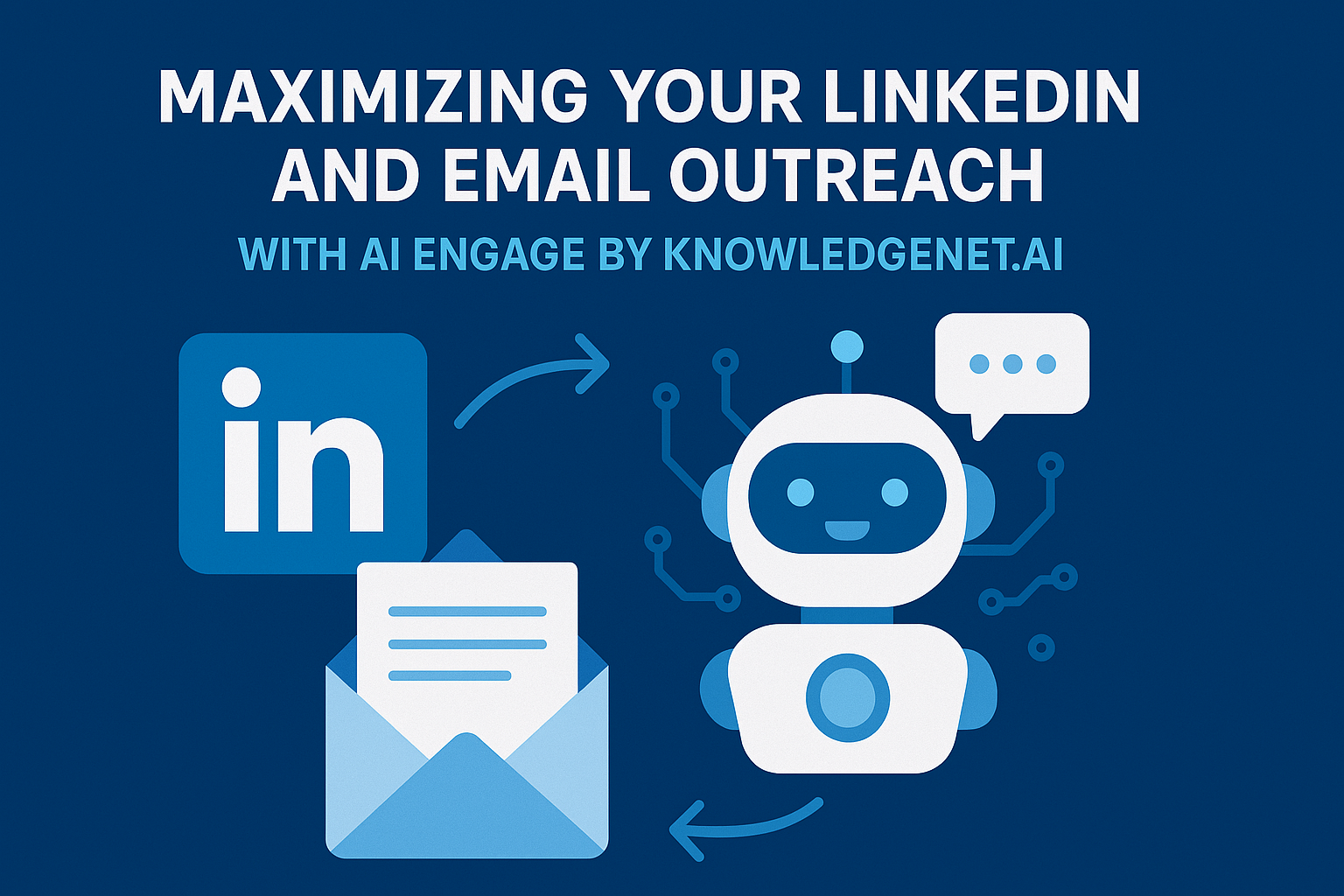What if you could learn from my teams’ conversations? Or even better, what if you could learn from your teams’ conversations from a year or more ago? You are thinking, if I only had a penny every time I heard this…, right?
Suppose you are at a high pace job like mine. Teams are the primary content producers in that case, with every team member trying to balance their efficiency between sharing information through meetings, discovering relevant content, and connecting the dots to consume the information.
We all know that there are often too many conversations around a team. You have the customer conversations and product decisions, and then the support team jumps in to solve a problem, and between the planning sessions and discovering how to do the projects, inevitably, the teams’ efficiency drops. The painful fact is that none of the team members can keep a tab on the latest and most relevant pieces of information that are critical for them to complete their job.
This is precisely what AI, and Machine learning can deliver to your team today! AI engines that can access your team’s emails, Web Meeting transcripts, and Slack conversations can learn and produce summary interaction maps for the rest of your team. Your group can now know about the critical topics around your company and essential to your business. An event a year ago resulting in an opportunity that went cold is not forgotten and brought up at the right time to the right individual.
Machine learning is a subset of artificial intelligence that uses algorithms and statistical models to enable computers to learn and make predictions based on data without being explicitly programmed. It has become an increasingly important tool for converting data into knowledge in various fields, from finance and healthcare to marketing and retail. Using AI, you can now apply that powerful concept to your team’s conversations and web meeting transcripts, overlay it with your CRM pipeline, and get exciting results.
One of the key ways in which machine learning converts data into knowledge is through the process of predictive analytics. This process involves using historical data and machine learning algorithms to predict future outcomes or trends. For example, Let’s say you are a sales account executive and you are researching a company on LinkedIn. An AI engine might use predictive analytics to forecast sales or demand for certain products based on the company’s profile and their connections with your team and use it to predict the likelihood of using a set of relationships within your team members that provide the best path for you to close the account.
Another way in which machine learning converts data into knowledge is through the process of cluster analysis. This process involves grouping data points into clusters based on their characteristics or similarities to identify patterns or trends within the data. For example, your marketing team might use cluster analysis to segment customers into different groups based on the recent conversations around the company and their purchase history and help them create a marketing campaign based on a better understanding of their needs and preferences.

Machine learning converts data into knowledge through the process of classification. Classification involves using data and machine learning algorithms to assign data points to predefined categories or classes. For example, a company might use classification to identify pipeline anomalies or identify a lower likelihood of closing opportunities within the required timeline.
One of the key benefits of using machine learning to convert data into knowledge is its ability to handle large and complex data sets and uncover patterns and trends that might not immediately appear to human analysts. It can also save time and resources, as it can be automated and scaled up faster than manual data analysis.
However, it is crucial to remember that machine learning is not a panacea and is only as good as the data and algorithms it is based on. It is, therefore, essential to ensure that the data used for machine learning is accurate, relevant, and representative and to be mindful of any biases or limitations that might affect the results.
While machine learning is a powerful tool for converting data into knowledge and is widely used in various fields for tasks such as predictive analytics, cluster analysis, and classification, businesses need critical thinkers to find biases within the data collected and identify ways to innovate and become highly effective. It is vital to ensure that the data and algorithms used are of high quality and to be aware of any biases or limitations that might affect the results.
KnowledgeNet.ai connects enterprise data resources and brings value from seemingly disparate conversations, making enterprise knowledge available at the decision-makers fingertips. Your team can connect their emails into the same KnowledgeSpace and start connecting the dots for the team to benefit from all conversations and retain their knowledge centrally.
For additional reading, please check these references:
- Predictive analytics: Statistical and Machine-Learning Data Mining
- Cluster analysis: https://en.wikipedia.org/wiki/Cluster_analysis
- Classification: https://en.wikipedia.org/wiki/Statistical_classification
- Machine learning: https://en.wikipedia.org/wiki/Machine_learning
You can install your free KnowledgeNet.ai to bring all these concepts to life from our website: www.knowledgenet.ai. It’s free and takes no more than 10 minutes to setup and run. Please contact us with questions or request more information at https://knowledgenet.ai/contact-sales/




